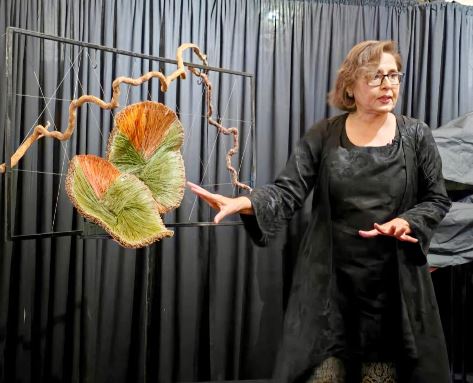CANBERRA: The world’s richest man Bill Gates on Tuesday urged China to become a bigger player in foreign development following its success in lifting millions of its own people out of poverty.
Speaking in Australia, where the Microsoft co-founder met with Prime Minister Julia Gillard, Gates said the Asian powerhouse was already giving foreign aid but there were “very little facts and figures” on how much.
“I am hopeful that Chinese aid, both in terms of the quality of the aid and the quantity of the aid, will continue to increase,” he told a lunch address in Canberra.
“I think that there is a real opportunity there. What they’ve done to date, as far as anything that is visible, is quite modest.”
Gates, who recently overtook Mexican telecommunications tycoon Carlos Slim as the world’s richest man with an estimated wealth of US$69.8 billion, said his work towards the eradication of polio was a personal priority.
Australia, which committed Aus$50 million (US$48 million) to fight polio in 2011, on Tuesday pledged another Aus$80 million over four years from 2015 to wipe out the crippling disease which remains endemic in only three countries – Afghanistan, Nigeria and Pakistan.
The Bill and Melinda Gates Foundation is contributing US$1.8 billion to the Global Polio Eradication Initiative, one-third of the polio endgame strategic plan 2013-2018.
Earlier, Gates said he was disappointed that Australia had slowed the growth of its foreign aid budget but praised it as a global leader in development.
His visit comes weeks after Gillard’s administration pushed back its goal of increasing aid spending to 0.5 per cent of gross national income by another year to 2017/18 after a drastic hit to tax revenues.
“The sooner Australia can get up to the 0.5 per cent, which is the stated goal, the more kids will be saved and the more this region will be stable,” Gates told national broadcaster ABC.
“So when that got slowed down I was a little disappointed, but it has been increasing and people should feel good about that.”
Gates said there were fewer than 300 cases of polio around the world in 2012, but acknowledged that it would be difficult to remove the disease from the countries where it remained.
“These are violent places. There are often rumours against the vaccines. We are going to have to do our best work, we are going to have to be innovative,” Gates said.
Attacks against polio workers have resulted in some 20 deaths in Pakistan since December after a Taliban faction last year banned polio vaccinations in the tribal region of Waziristan, alleging the inoculation programme was a cover for espionage.











